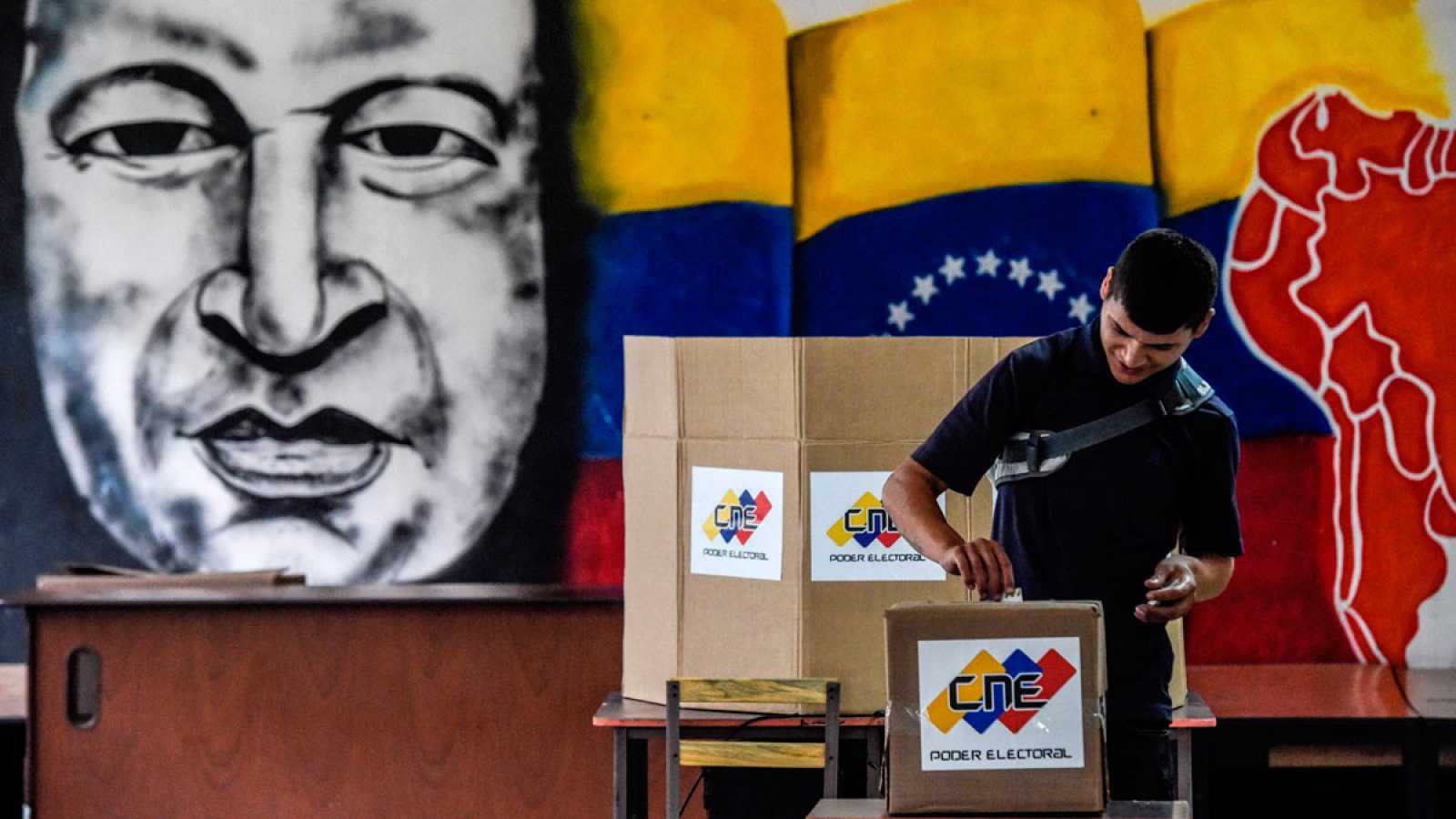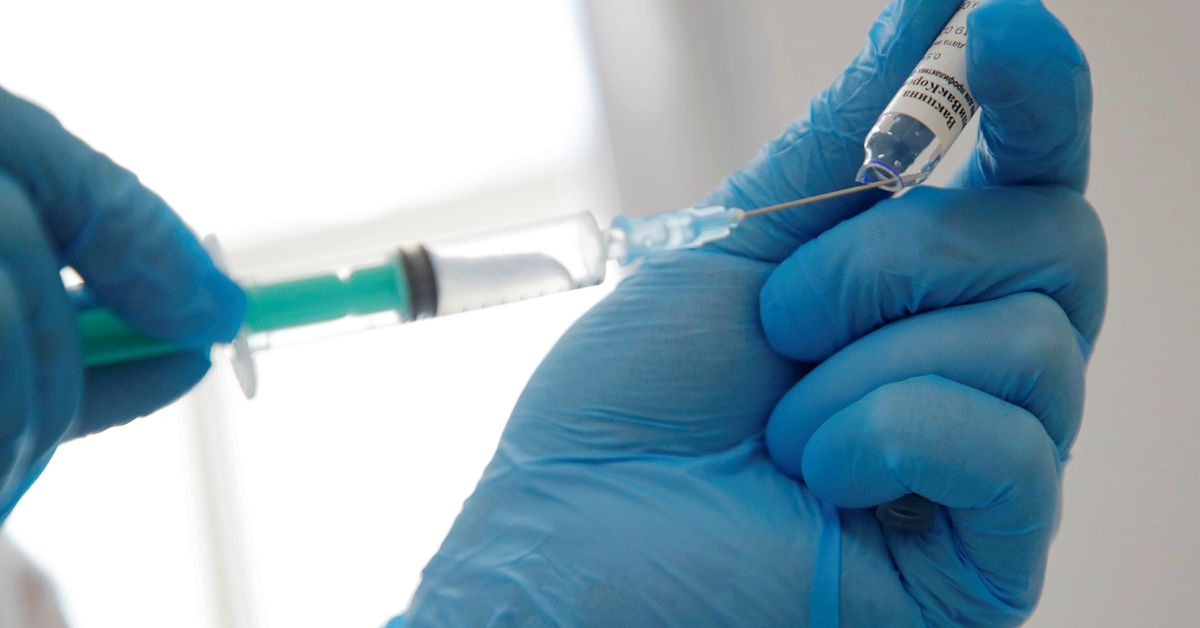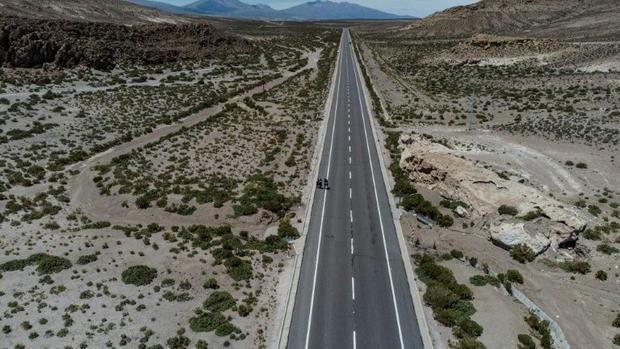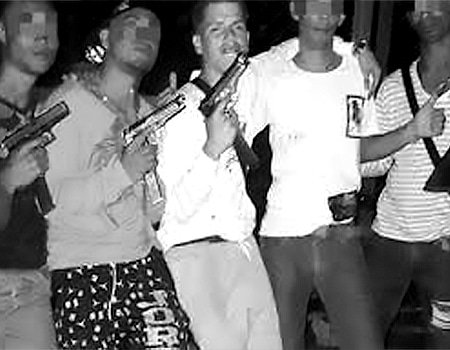Chavismo’s presence permeates the process
Photo: RTVE.es
Two institutions explore the vote in Venezuela and how it reflects on our democracy; A new study by Provea shows how the pandemic in Venezuela was used to repress; A new wave of fuel scarcity looms over the nation
- On Thursday, IDEA International and Andrés Bello Catholic University (UCAB) published a report gathering the opinion of experts on the relevant topics that would guarantee the integrity of an electoral process in Venezuela, a way of explaining why the “elections” on December 6th are ridden with distrust and an example of how to make adverse circumstances worse because of the decisions of a regime that isn’t interested in legitimate processes and institutions. The fraud in December will happen without fixing severe problems that have been observed in previous elections, adding new transgressions like the appointment of the current National Electoral Council, the intervention of political parties, the illegal changes in electoral rules (overriding existing rules) and doubts about the new voting system. The sum of these abuses undermines the vote as a tool, and the elections as a process. If there are also doubts about totalization, nothing calls for participating, especially considering the abuse of state resources with which PSUV has carried its campaign amid a pandemic. It’s a dense document that organizes what we still don’t know about the election and makes recommendations as to how to restructure the process. We need it to demand real elections.
- Provea published its Discipline of Fear report, explaining how during the first six months of the state of alarm because of the pandemic, five people died and 601 people were detained in protests. The first few months of the lockdown, said the report, were marked by the “absence of clear rules about the quarantine policies” and “caused diverse interpretations from authorities, in which they prioritized maintaining order over respecting human rights.” Provea said that during this period, censorship and self-censorship of social and political leaders, journalists, media and healthcare workers increased. The NGO showed with verifiable figures how the regime used the pandemic to increase persecution and harass the opposition.
- Freddy Ñañez, Nicolás’s Communication minister, reported 390 new cases and three deaths of COVID-19 in Venezuela, for a total of 96,140 cases and 841 deaths they’ve admitted to.
- NGO Médicos Unidos Venezuela reported that in the last week seven healthcare workers have died from complications of COVID-19. The total deaths in the healthcare sector is 254 people, a third of deaths in Venezuela, the highest percentage in the world, which proves the official figure isn’t consistent. After this report, we knew of Dr. Néstor González Ochoa’s death, he was the coordinator of the Cardiology postgraduate program in Portuguesa state.
- As another phase of fuel shortage in the country begins, a 27-year-old woman was murdered. She was trapped in a shootout between agenta of the CICPC detectives corps and PNB police officers who were battling for control of a gas station.
- Costa Rica approved the creation of a special category for temporary protection to Venezuelan, Cuban and Nicaraguan migrants that have been denied refugee status and are in a vulnerable situation. Over 2,200 Venezuelans requested asylum in 2019, the second country with the most petitions, over Cuba and Colombia.
- CNE president Indira Alfonzo said that the process of auditing voting machines has started, and that on Friday, November 13th, they’d start distributing machines to voting stations for the second electoral drill that Jorge Rodríguez demanded.
- Minister Tareck El Aissami had an emotional intervention during the Gas Exporting Countries Forum. “We are free people and our resources are sovereign,” he tweeted while in Venezuela, one of the ten countries with the largest gas reserves on the planet (but uses wood to cook).
- State-owned tv station VTV implied on Thursday that it doesn’t have an audience. That explains the propaganda exercise in private station Venevisión, titled “Debate.” It was promoted by the regime and it was sort of broadcasted on all channels. Every party of the prêt-à-porter opposition had a representative, but the PSUV had two and neither of them respected their time limit.
- Juan Francisco Espinosa, director of Colombian Immigration, asked people to abstain from crossing into Colombia using illegal pathways: “It’s winter and rivers are dangerous, please don’t risk your lives and your families trying to use trochas.”
- Vice president and Economy minister Delcy Rodríguez arrived in Russia to “strengthen strategic bonds” and present the “advantages and benefits of the Anti-Blockade Law” to Russian officers and businessmen. The law would be used to evade the economic sanctions. The attorney general, the Science and Technology minister and the president of PDVSA went with her.
- The EU decided to extend their sanctions on Venezuela until November, 14th, 2021: “The decision was made because of the current political, economic, humanitarian and social crises in Venezuela, with persistent actions that undermine democracy, the Rule of Law and respect for human rights,” said the EU Council. “Not even ten Donald Trumps coming from Europe will be able to ruin us,” said Nicolás. A statesman, you know. The sanctions that prohibit buying weapons from Europe responded to how weapons have been used against demonstrators, a proven pattern of crimes against humanity.
- The defense team of Colombian citizen Alex Saab introduced a habeas corpus before the Cape Verde Supreme Court to determine if his immediate release applies.
- Despite the dislike for knowledge that rules chavismo’s policy against universities, the Venezuelan Universidad Central de Venezuela, Universidad Simón Bolívar, Los Andes University and Universidad Católica Andrés Bello are in the top 100 universities in Latin America, according to the Quacquarelli Symonds ranking that evaluated 410 universities.
Caracas Chronicles is 100% reader-supported.
Support independent Venezuelan journalism by making a donation.
Source: Caracas Chronicles




